Whether you’re a techno-optimist, realist, or pessimist, you can’t deny that the rise of artificial intelligence is shaking things up. The job industry is going through some major shifts. And, likely, this will only accelerate in the future. The International Monetary Fund warns that AI is going to affect nearly 40% of all jobs worldwide.
Naturally, some folks are slightly worried about the future of their careers. Meanwhile, others are barely breaking a sweat. The r/AskReddit community recently chatted about the jobs that they think are nearly entirely safe from AI making them obsolete. Scroll down to hear their thoughts. (You might also want to keep this in mind for a plan B if your white-collar or creative job goes sideways.)
Bored Panda wanted to learn more about which professions are safer and more vulnerable, as well as how employees can adapt to the spread of AI. So, we reached out to marketing psychology speaker Matt Johnson, Ph.D., and personal finance expert Sam Dogen from ‘Financial Samurai’ for comment.
#1
SpaceMurse:

Image credits: Silent-Ad9303
According to marketing psychology speaker Johnson, who is the host of the branding and human nature blogs, even though AI is “poised to transform a significant portion of the workforce, not everyone needs to panic.”
“It's clear that certain jobs are less susceptible to immediate disruption. Roles requiring high levels of creativity, critical thinking, and emotional intelligence, such as artists, therapists, and strategic decision-makers, are less likely to be automated. Jobs that involve complex problem-solving in unpredictable environments, like scientists or emergency responders, also remain relatively safe,” he explained to Bored Panda via email.
Johnson noted that other positions that are less likely to be automated include nurses, social workers, and educators, who require a high degree of human interaction and empathy in their day-to-day jobs.
Meanwhile, skilled tradespeople and technicians, whose roles demand high levels of manual dexterity and adaptability, are also safer from becoming obsolete. “While AI will undoubtedly impact the job market, these roles are expected to remain in demand due to their uniquely human qualities and the complexity of the tasks involved,” Johnson said.
#2
dogdashdash:
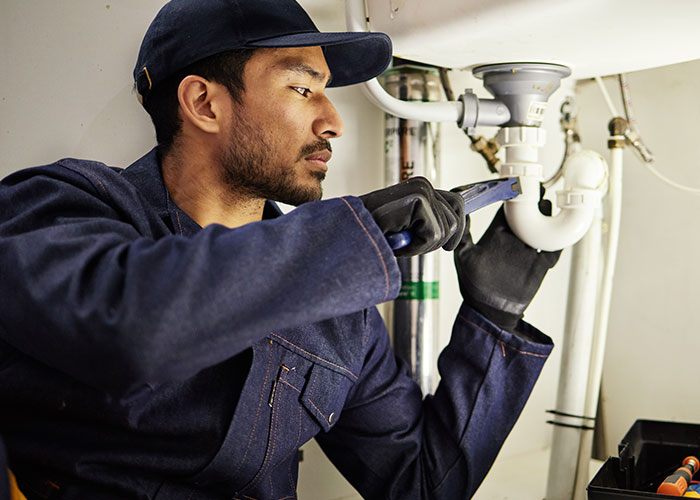
Image credits: AdmirableAd7753
#3
No-Survey7308:
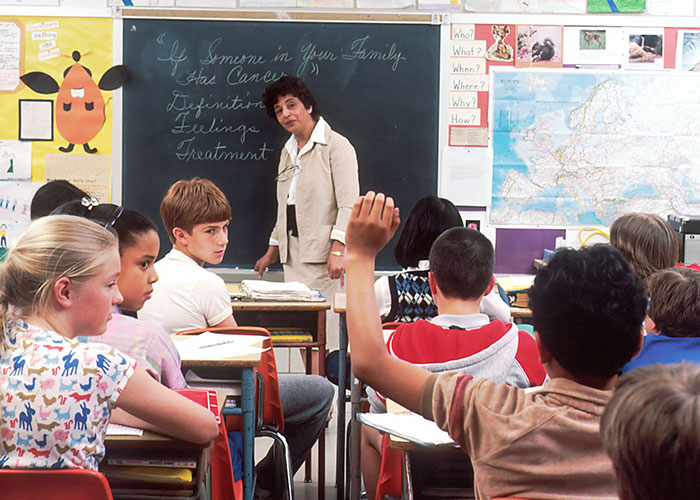
Image credits: Radthereptile
Personal finance expert Dogen, the creator of the ‘Financial Samurai' blog and the author of the bestseller ‘How To Engineer Your Layoff,’ has a similar point of view.
“Artificial intelligence serves as a powerful tool, enhancing productivity while simultaneously posing a threat to certain jobs in the future. The key for all workers lies in understanding how to effectively utilize AI to boost job performance, akin to learning to use a scientific calculator for solving math equations when it was first introduced. Failure to grasp AI's potential leaves individuals at a disadvantage,” Dogen told Bored Panda.
“Jobs least susceptible to disruption by AI are those involving substantial manual labor. Professions like plumbing, electrical work, roofing, landscaping, and nursing necessitate hands-on tasks that AI can assist in improving but struggles to replace entirely,” he said.
#4
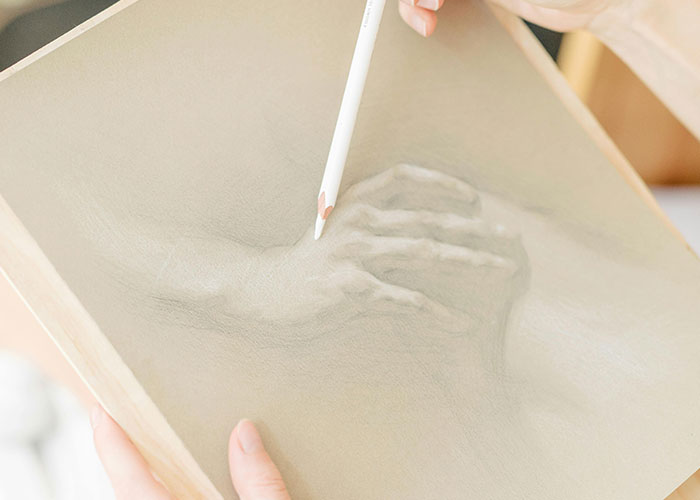
Image credits: ecktt
#5
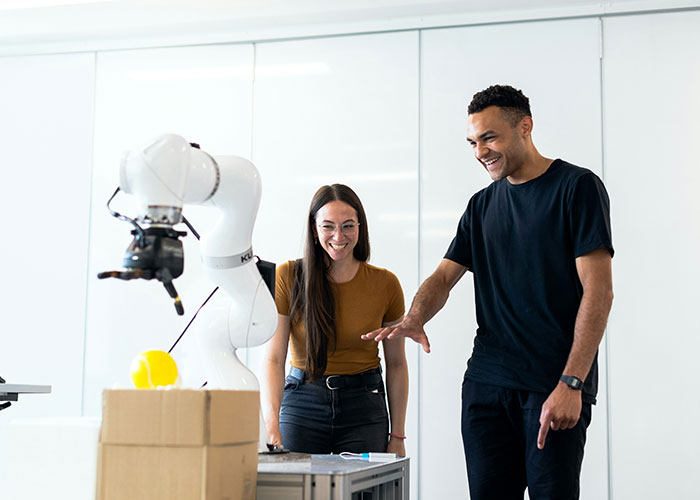
Image credits: carlbandit
#6

Image credits: Separate-Ad-9916
“Conversely, jobs most vulnerable to AI disruption are those that can be easily automated without extensive manual labor. Roles such as data entry, data analysis, telemarketing, bookkeeping, cashiering, writing, and even aspects of investing fall into this category, as they involve tasks that AI can readily undertake. It is crucial for individuals to adapt and enhance their skills to remain competitive in a job market influenced by AI," Dogen said.
According to marketing psychology speaker Johnson, there are things that all employees can do to become less replaceable by AI. “Employees can focus on developing skills that complement AI rather than compete with it. Put simply—your job probably won't be replaced by AI itself; your job will be replaced by someone using AI,” he stressed.
“In order to cultivate a better partnership with AI, employees will want to think about honing their skills in areas like data analysis, programming, and machine learning, which can enhance their ability to work alongside AI systems. Additionally, cultivating soft skills, such as creativity, emotional intelligence, and complex problem-solving, can make individuals more valuable in roles that require human interaction and nuanced decision-making,” Johnson shared.
#7
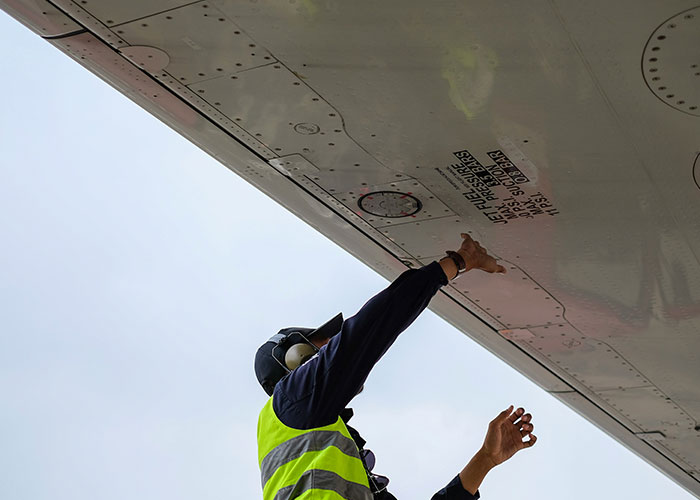
Image credits: Tipsy_Lights
#8
Haxomen:

Image credits: HansBoopie
#9
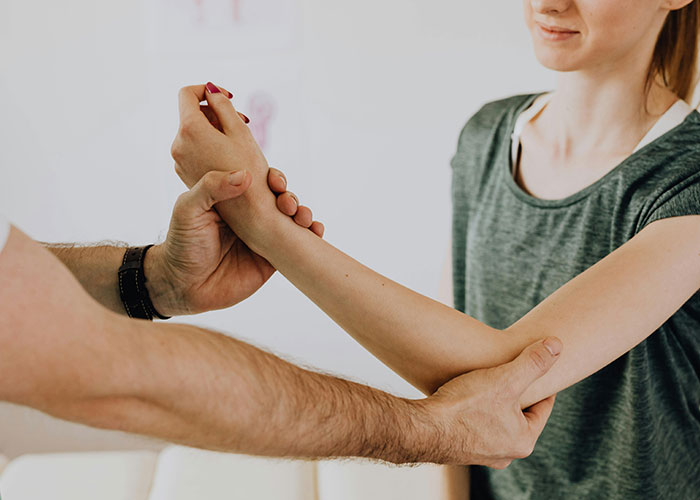
Image credits: Infinite-Novel-7387
In the meantime, Johnson shared some thoughts on how employees can address their fear of becoming obsolete. He said that it’s vital to stay informed about emerging technologies and industry trends. On top of that, employees ought to actively seek opportunities for continuous learning and upskilling.
“Building a strong professional network and staying adaptable to change can also help individuals navigate the evolving job market with confidence. By embracing lifelong learning and focusing on skills that complement AI, employees can position themselves for long-term career success in this age of generative AI,” he told us.
Personal finance expert Dogen, from Financial Samurai, shared with Bored Panda that the most effective strategy to safeguard your job from AI is to cultivate a personal brand. “For white-collar professionals, this involves building a brand centered on qualities such as dependability, hard work, kindness, collaboration, and intelligence. A robust ‘work brand’ encompassing these attributes ensures ongoing employability,” he said.
Creatives also need to prioritize brand-building so that they become distinct and stand out from a crowd of competitors.
#10

Image credits: adventurenotalaska
#11
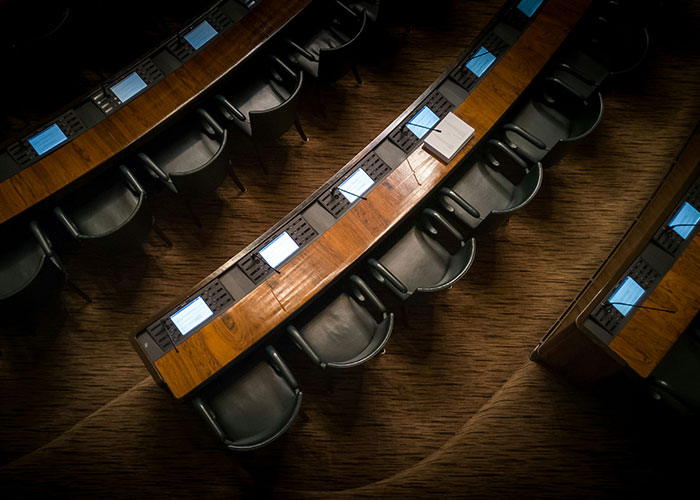
Image credits: Cpt_Riker
#12

Image credits: tehweave
“A memorable brand should evoke a specific image or feeling, providing those who cultivate strong brands with enhanced opportunities and the ability to command premium prices. Consider the pricing contrast between Louis Vuitton, charging $2,000 for a handbag, and Old Navy, which might only command $80 for a similar production cost,” Dogen said.
“Creating a personal website is a pivotal aspect of brand-building, allowing individuals to control their image. While maintaining social media profiles on platforms like LinkedIn, Twitter, and Facebook is essential, your personal website offers the ideal space to authentically share your story and showcase who you are,” the expert suggested investing some time and energy into this.
“Finally, the best way to protect yourself from artificial intelligence is to actually invest in artificial intelligence companies. Everyone can invest in publicly traded companies with AI exposure, such as Microsoft, NVIDIA, Google, and more,” he shared his thoughts.
“In addition, everyone can now invest in private AI companies through open-ended venture capital funds investing in AI. Of course, there are no guarantees of these AI investments making a positive return, given they are all risk assets. However, if AI does indeed revolutionize the world, investing in AI companies today could pay off in the future.”
#13
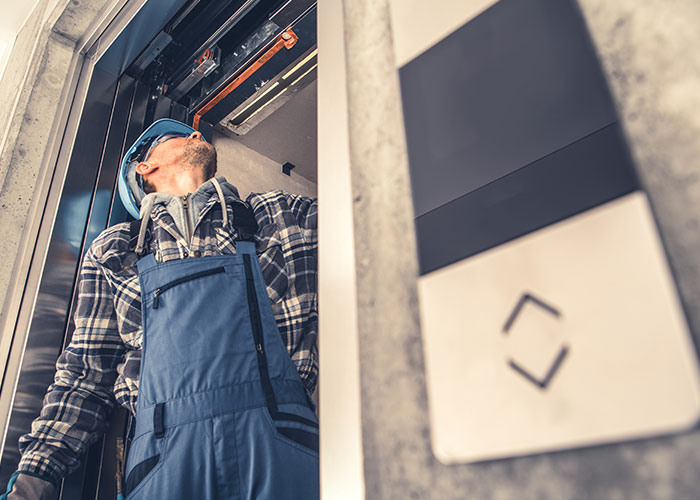
Image credits: xhantus404
#14

Image credits: Hinkerbob
#15
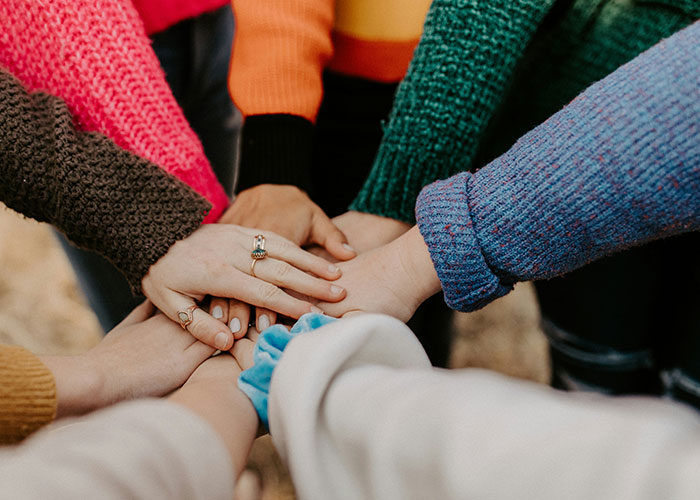
Image credits: 5NATCH
A report from Goldman Sachs from back in March 2023 projected that content-generating AI could do a quarter of all the work currently done by people. In the European Union and the United States alone, around 300 jobs could be lost to automation.
“If generative AI delivers on its promised capabilities, the labor market could face significant disruption. Using data on occupational tasks in both the US and Europe, we find that roughly two-thirds of current jobs are exposed to some degree of AI automation, and that generative AI could substitute up to one-fourth of current work,” the report states.
According to Business Insider, some of the jobs that are the most vulnerable to AI include tech jobs (from coders to software engineers) and media jobs (from content creation and journalism to advertising).
#16
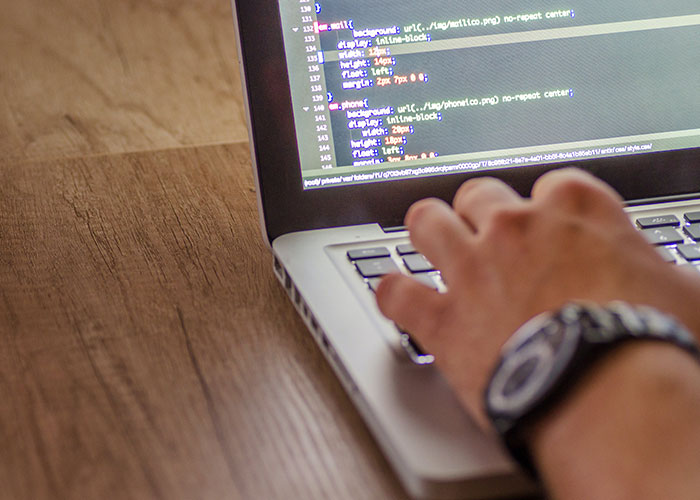
Image credits: mh985
#17
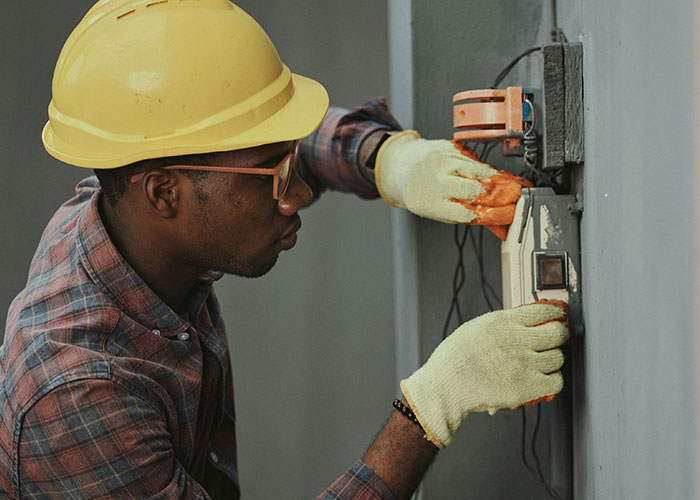
Image credits: Mad_Moodin
#18

Image credits: Hunta_killa78
Some media companies are already working to integrate AI tools like ChatGPT into their arsenals. For example, tech news site CNET is already using AI to write some articles. However, they’re far from perfect and have to be corrected. Meanwhile, BuzzFeed is using AI to generate new quizzes and travel guides.
Other jobs vulnerable to AI include legal professionals, market researchers, teachers, financial traders, accountants, customer service agents, and graphic designers.
If you feel that you're affected, first of all—don’t panic. Breathe! It’s natural to feel a tad worried about your future when the global job industry is being overhauled so quickly due to tech progress. While none of us can stop the rise and spread of AI, what we can do is change how we react to it. No matter our jobs, we can embrace these changes and adapt to them. Or, if you’re in an influential position to do so, you can do your part to help AI tools be used more ethically and less disruptively.
From our perspective, it’s quite likely that AI tools are going to become integral in many white-collar positions. However, they (probably) won’t entirely replace human employees. AI is nothing if left unguided. You need talented and insightful workers with good managerial and editing skills to get the most out of them.
#19
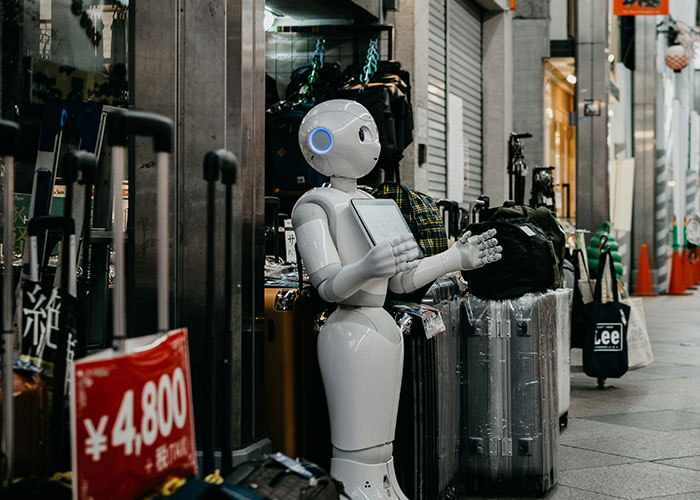
Image credits: SilverSlimeFox
#20

Image credits: awesomedan24
#21

Image credits: Dreadguy93
At the end of the day, despite all of our guesses, AI is going to affect the global job industry in ways that we can’t even imagine. The best that we can do is to stay up to date with industry changes, get to grips with at least some relevant AI tools, and… consider learning a new skill or trade on the side.
Or, to put it simply: if you’re really, really good at what you do, you’re less likely to be laid off. So the best defense against becoming obsolete is to be great at your job. However, it’s not just our hard skills that are important. It’s our relationships and how we communicate that are essential, too. They can mean a huge deal if someone ever has to pick between saving/firing one of two equally skilled workers during cutbacks.
#22
#23

Image credits: ztreHdrahciR
#24

Image credits: kdvditters
Someone who is empathetic, knows how to navigate conflicts, is open-minded and curious about the world, and inspires colleagues with their leadership is invaluable. Now, contrast that with someone who is cynical, unfriendly, rude, and widely disliked by their team.
If you had to make the hard decision to let one of these people go, who would you choose?
#25
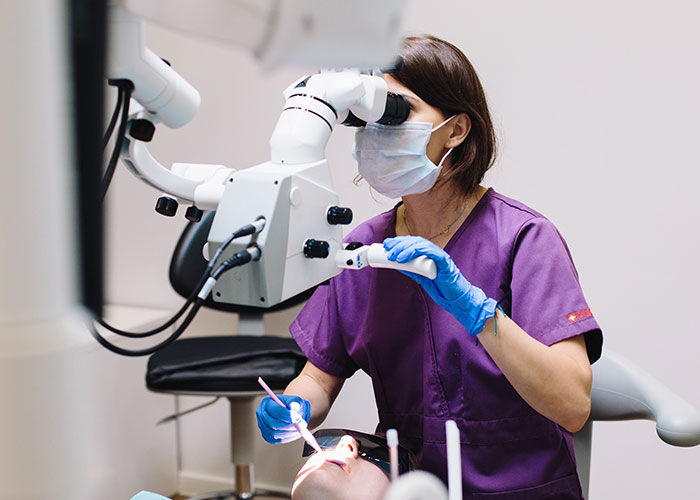
Image credits: RealAd7996
#26
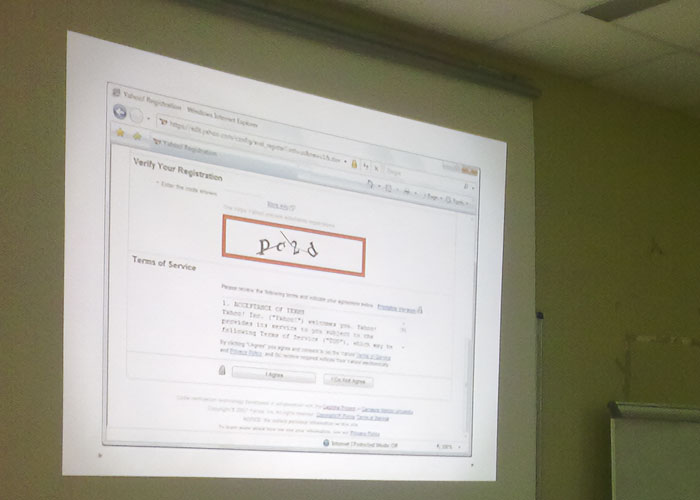
Image credits: TheAverageObject
#27
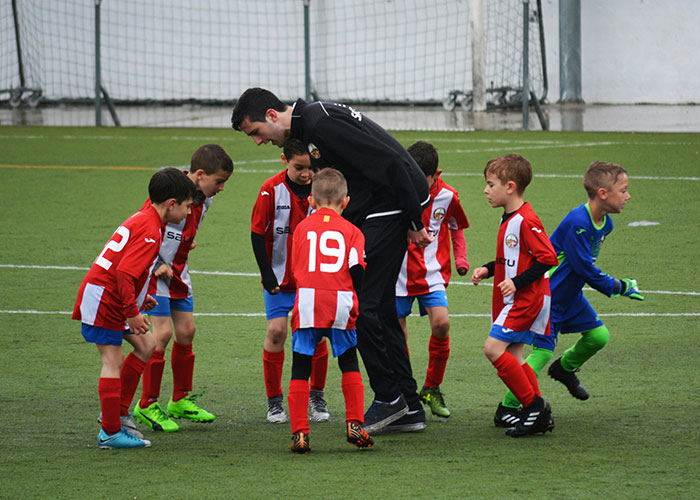
Image credits: UmpireOk5232
We’d love to hear your thoughts on this topic, dear Pandas. What jobs do you think are going to be the most vulnerable in the Age of AI? Which professions do you personally believe are the safest? How worried are you about getting replaced in your line of work? Are you a techno-optimist, realist, or pessimist?
If you have a moment, tell us what you think in the comments at the bottom of this article.
#28
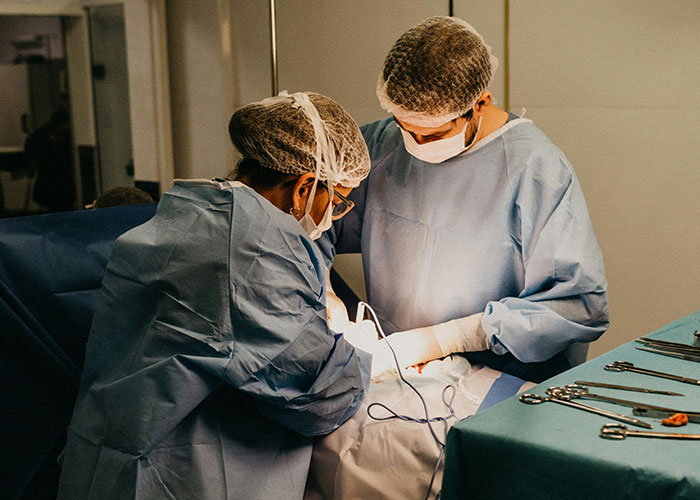
Image credits: GTDoc
#29
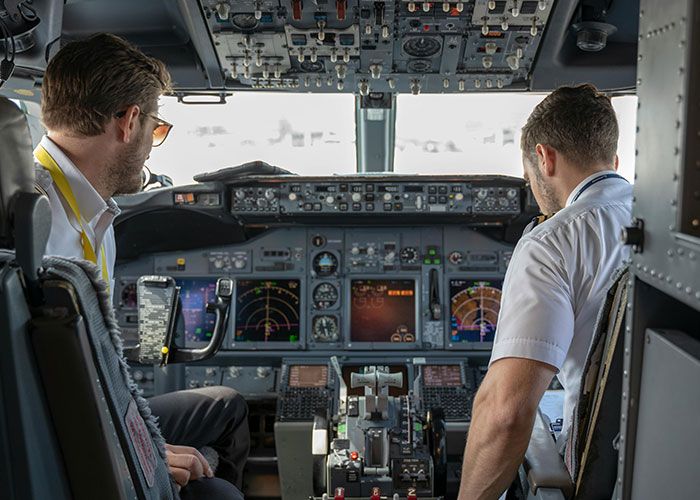
Image credits: Azurealy
#30
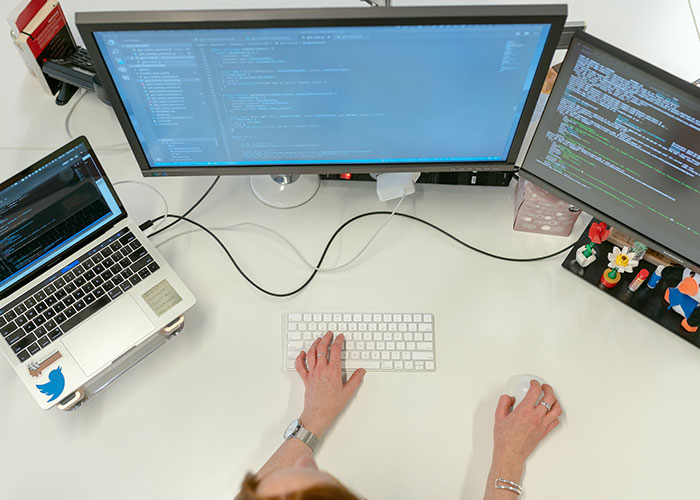
Image credits: ssowinski







